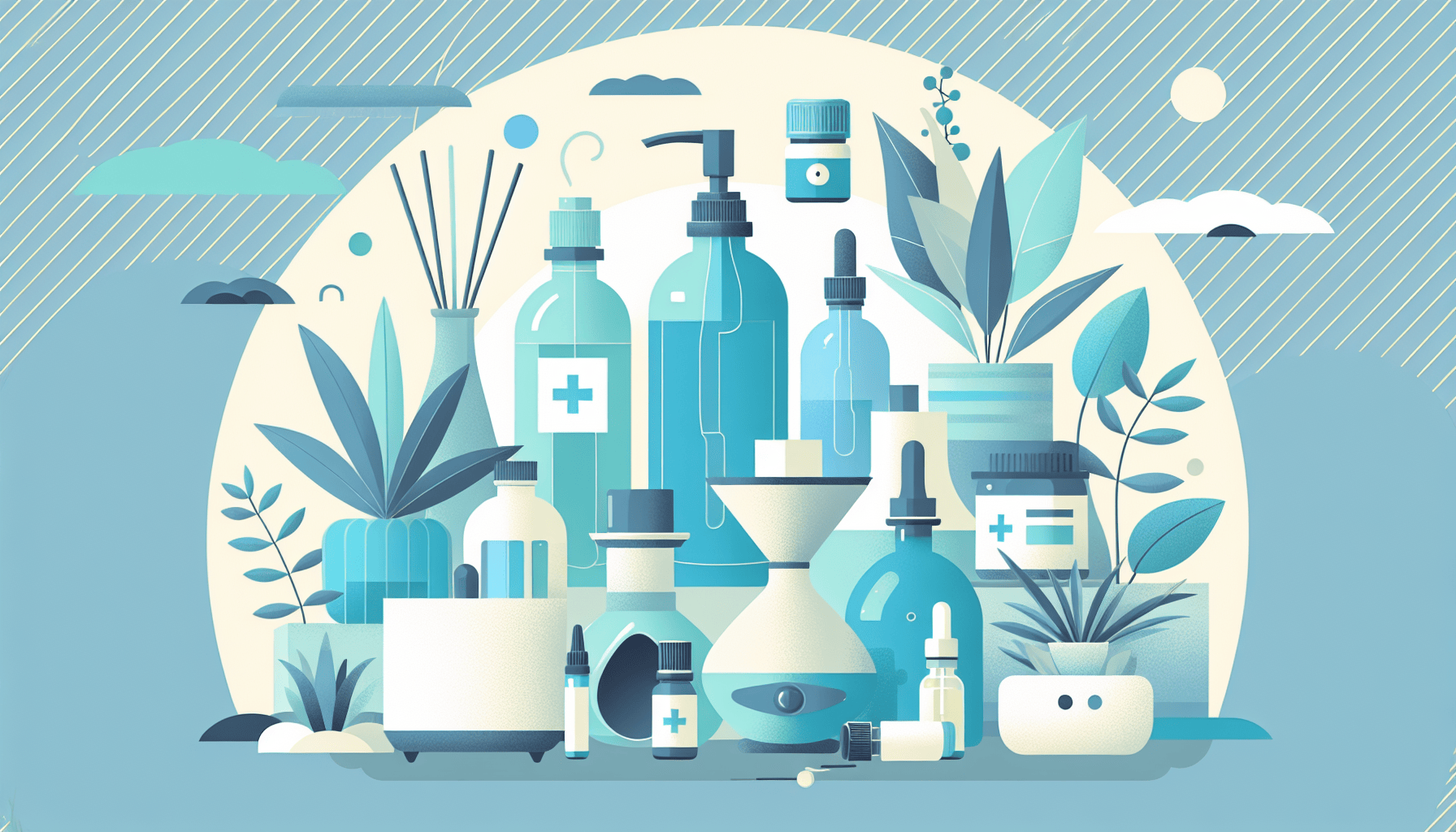If you're looking for a natural way to improve your health and well-being, aromatherapy may be worth exploring. Aromatherapy is a type of treatment that uses essential oils extracted from plants to promote physical and emotional health. These oils can be inhaled through the nose or applied to the skin during massage or bath.
What Are Essential Oils?
Essential oils are concentrated extracts made from various parts of plants, including flowers, herbs, and trees. These parts can include bark, roots, peels, and petals. The cells that give a plant its distinctive aroma are known as its "essence." When this essence is extracted, it becomes an essential oil.
It's important to note that producing essential oils requires a significant amount of plant material. For example, it takes more than 200 pounds of lavender flowers to make just one pound of lavender essential oil.
Common Essential Oils Used in Aromatherapy
Lemon
Chamomile
Lavender
Cedarwood
Bergamot
How Aromatherapy Works
When you inhale essential oils, experts believe that they stimulate smell receptors in your nose, which then send messages through your nervous system to your brain. This can activate certain areas of your brain, such as the limbic system, which is associated with emotions and memories. The hypothalamus, a part of the brain that influences hormones, may also be stimulated, leading to the release of feel-good brain chemicals like serotonin.
When essential oils are applied to the skin, some experts believe they can trigger responses in the skin and other parts of the body, such as the joints.
Potential Health Benefits of Aromatherapy
While aromatherapy should not replace regular medical treatment, research suggests that it can offer various health benefits, such as:
Reducing stress, anxiety, and depression
Promoting feelings of relaxation
Improving sleep quality
Enhancing quality of life for people with long-term health conditions like dementia
Relieving certain types of pain, including kidney stone pain and osteoarthritis knee pain
Fighting bacteria when applied to the skin
Easing some side effects of cancer treatment, such as nausea and pain
Safety Considerations
Aromatherapy is generally considered safe, but essential oils can cause side effects in some cases. They may irritate the eyes, skin, or mucous membranes in the nose, and can also cause mild allergic reactions. Ingesting essential oils can harm the kidneys or liver, so it's crucial to avoid taking them orally unless directed by a healthcare professional.
If you're new to aromatherapy, it's best to work with an aromatherapist or your doctor to ensure safe and effective use. Keep in mind that the FDA does not regulate essential oils, so their safety and efficacy may not be thoroughly tested.
For more information on aromatherapy and essential oils, visit:



